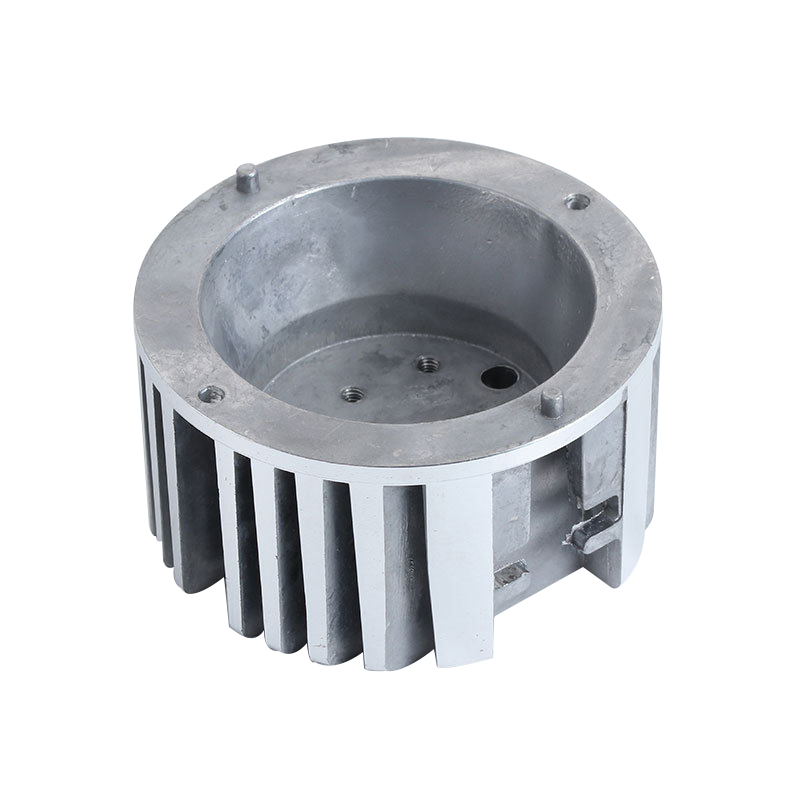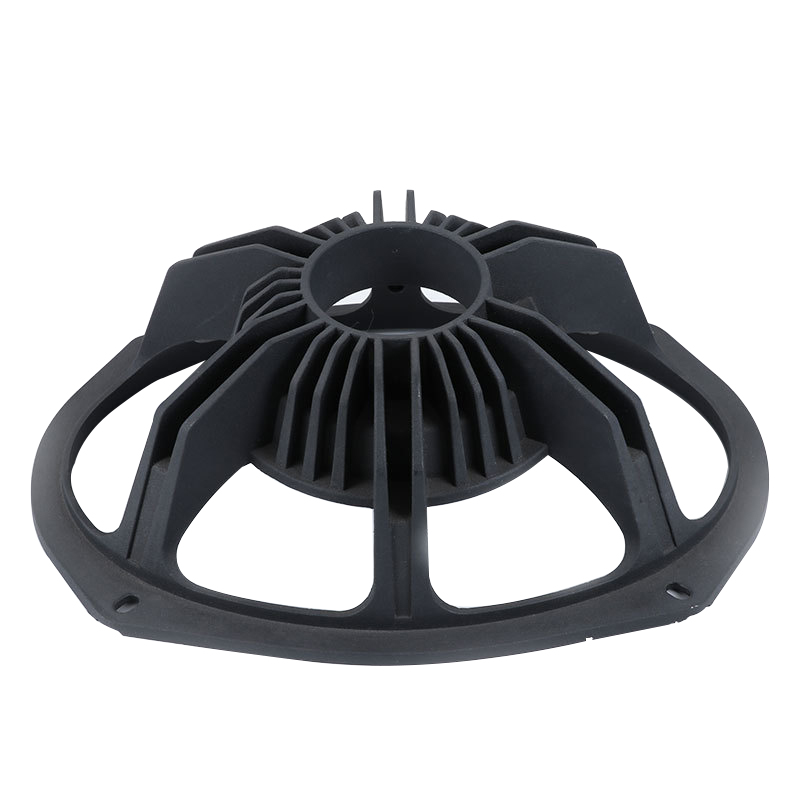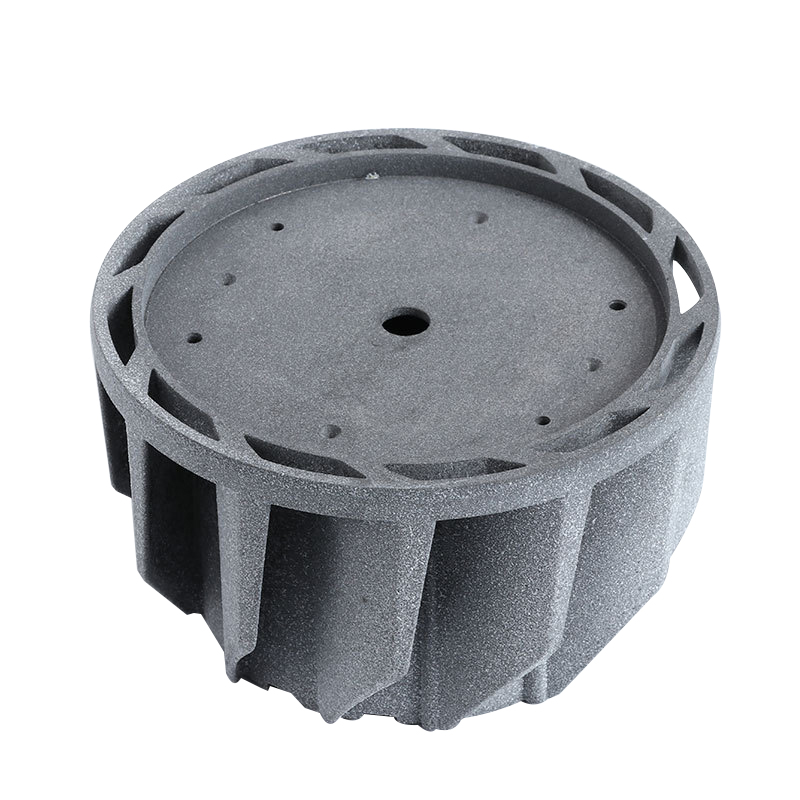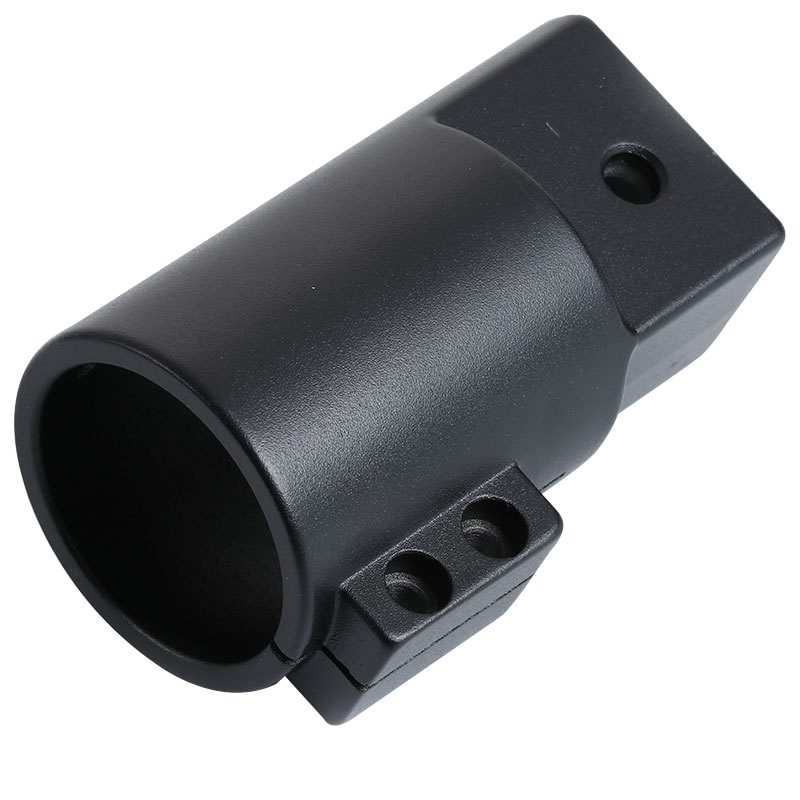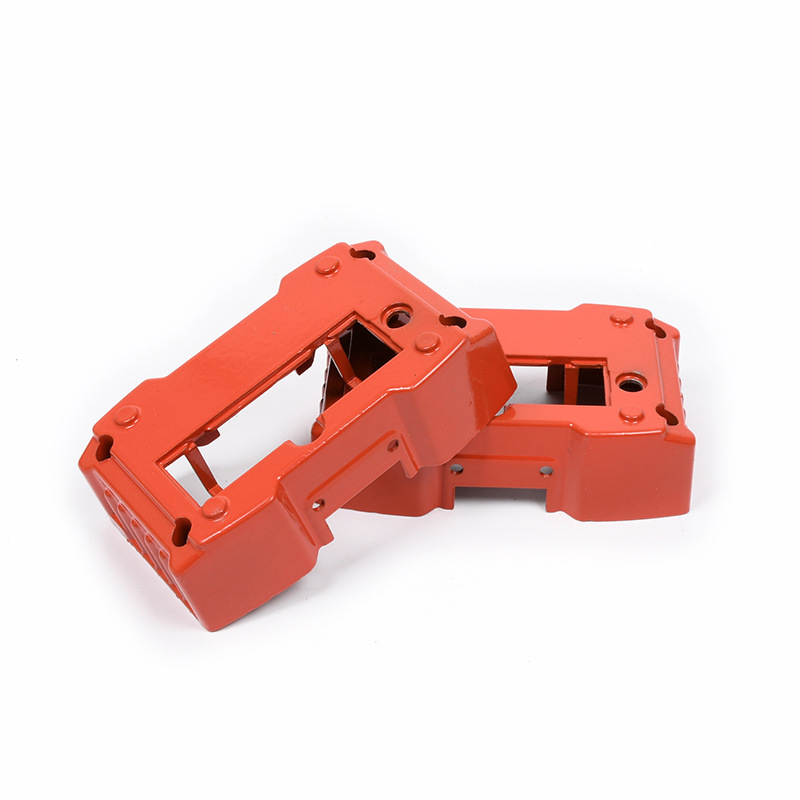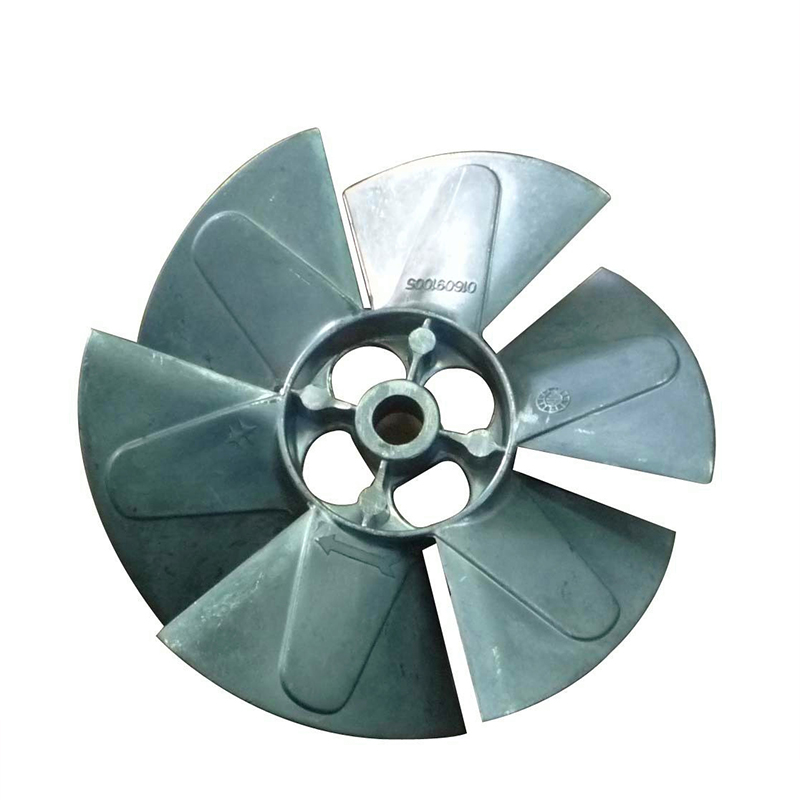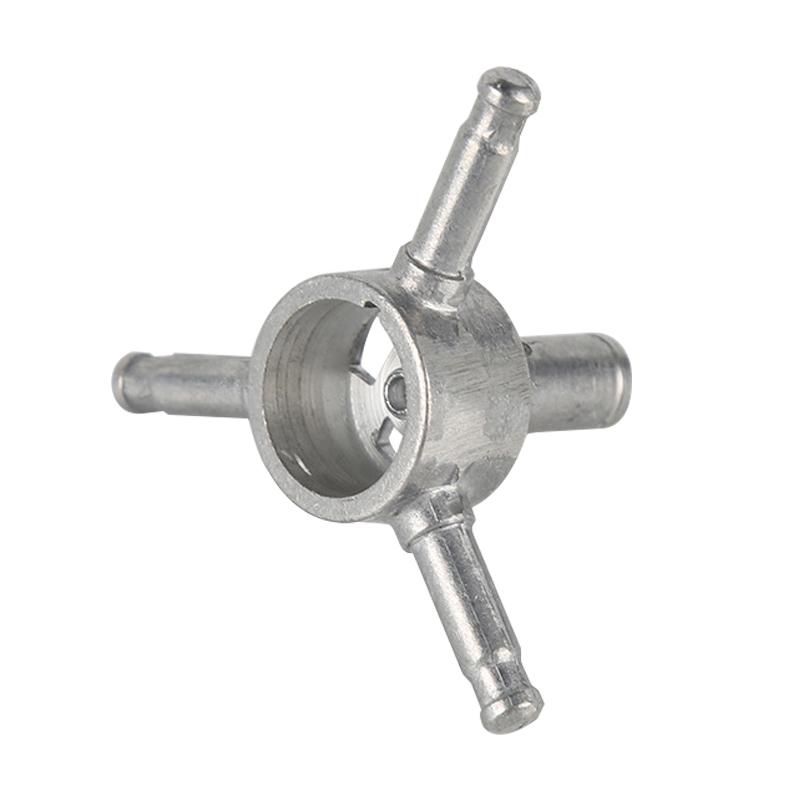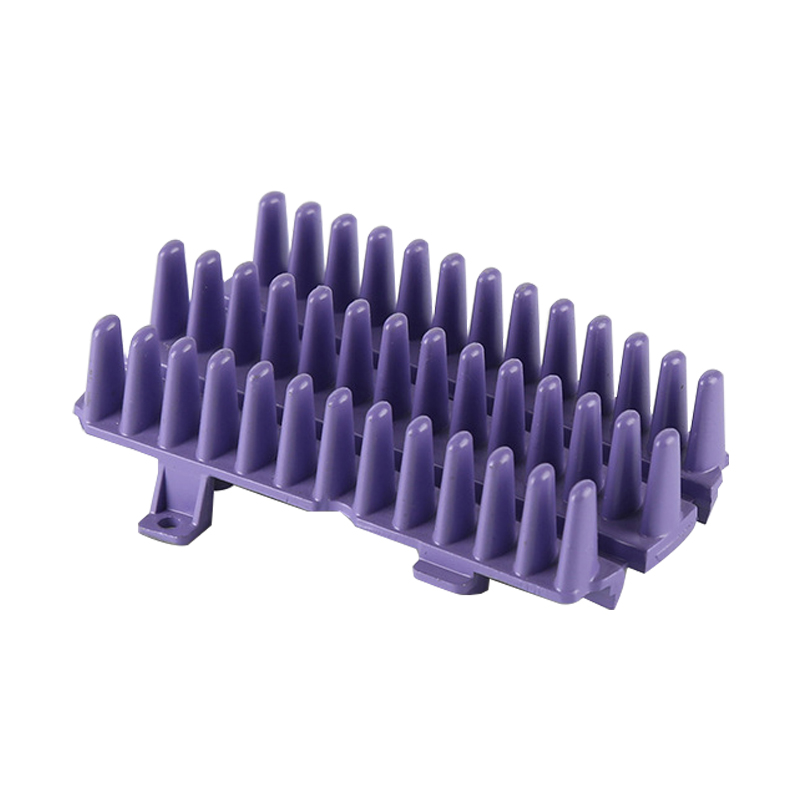What Is Magnesium Alloy?

As currently the lightest commercial metal structural material, magnesium alloy has the characteristics of high specific strength and specific rigidity, easy liquid forming, good damping and electromagnetic shielding characteristics, and recyclability. It is known as the "green engineering material of the 21st century". . With the rapid development of the manufacturing industry, traditional metal resources will be exhausted, which requires the development of new materials to meet the needs of society.
At the same time, in today's increasingly pursuit of environmental protection and lightweight trends, magnesium alloys have extremely important application value and broad application prospects in many fields such as transportation, 3C products, aerospace and defense due to their own characteristics. In recent years, with the continuous improvement of the industry’s recognition of magnesium alloy materials(include az80a magnesium alloy etc.,), the scope of its application has been continuously expanded. In individual fields, especially the transportation field, due to the continuous requirements for lightweight, environmental protection, and energy saving of automobiles, motorcycles, etc. The improvement has greatly promoted the application of magnesium alloys in transportation vehicles.
Nowadays, products made of magnesium alloys have spread across various industries, and the demand for magnesium alloys is increasing year by year. It is foreseeable that magnesium alloy will become another important metal structural material after traditional materials (aluminum alloy, steel, etc.) in the near future. my country is a big country in the magnesium industry, rich in magnesium resources, and the reserves of magnesium ore, primary magnesium output, production capacity and exports rank first in the world. In recent years, my country has made many achievements in the application and development of magnesium alloy deep processing technology, high-performance magnesium alloy research and development, and the development of related equipment. A complete industrial chain has been formed from the extraction of raw materials to the deep processing. However, there is still a certain gap compared with the magnesium industry powers in developed countries in the world, which is mainly manifested in the forming process of magnesium alloys.
At present, the applicable conditions and application fields of magnesium alloys are restricted, and the whole is still in the experimental stage. It is necessary to increase research and development efforts to solve the problems of magnesium alloys in stamping, casting, welding and other processes. Magnesium alloys have excellent liquid forming properties. At present, die-casting technology is mainly used to manufacture magnesium alloy structural parts. However, in some occasions, due to the requirements of working conditions or process factors, it is necessary to implement overall or partial thermoplastic deformation of magnesium alloy die-castings, but the Most magnesium alloys have a close-packed hexagonal structure with few sliding systems at room temperature. Therefore, magnesium alloys have always been regarded as metal materials that are difficult to be plastically processed, which limits the application of magnesium alloy die castings to a certain extent.
At the same time, the mechanical properties of magnesium alloy die-casting parts are not ideal, but after plastic processing of die-cast magnesium alloy, the structure can be made more dense, so that the mechanical properties of the workpiece can be improved. Therefore, in order to develop the plastic processing technology of magnesium alloy, break through the technical bottleneck of magnesium alloy plastic forming, improve the performance of magnesium alloy products, expand the application range of die cast magnesium alloy, promote the economic development of magnesium alloy industry, and improve the plastic deformation of die-cast magnesium alloy. Behavioral research has important academic and economic value.
Magnesium is a chemical element of the second main group and the third period of the periodic table. Its crystal lattice is a close-packed hexagonal structure. The electron arrangement of its free atoms is 1s 2 2s 2 2p 6 3s 2, so the valence of magnesium is usually divalent (Mg 2+ ). Metal magnesium is very light, and its mass is 1/3 lighter than aluminum. Magnesium is also a good electrical conductor, heat conductor, etc. Its physical and chemical properties are shown in Table 1.1:
| Nature | Value | Nature | Temperature/K | Value |
| Atomic Number | 12 | Density | 298 | 1.74g/cm 3 |
| Atomic Weight | 24.304 | Resistivity | 293 | 4.46×10 -8 Ω·m |
| Atomic Volume | 13.99cm 3 /mol | Polycrystalline magnesium modulus of elasticity | 298 | 45GPa |
| Atomic Radius | 0.15nm | Polycrystalline magnesium Poisson's ratio | 298 | 0.35 |
| Ionic Radius | 0.074nm | Expansion coefficient | 800 | 30.0×10 -6 /K |
| Melting Point Temperature | (923±0.5)K | 300 | 24.87 J/(mol·K) | |
| Boiling Point Temperature | 1363K | 800 | 31.05J/(mol·K) | |
| Heat Capacity | -2.38V | Heat capacity | 300 | 156 W/(m·K) |
| Thermal Conductivity | 0.453g/A·h | Thermal conductivity | 800 | 146W/(m·K) |
The content of magnesium in the earth's crust is extremely rich, and most of the raw materials are derived from the extraction of seawater, so magnesium resources are very stable and sufficient. The comprehensive performance of pure metal magnesium is poor and cannot meet the needs of most applications. However, adding specific elements to magnesium after alloying treatment will greatly improve its comprehensive performance, and its performance will exceed that of commonly used aluminum alloys and steel structures. Materials, so that magnesium alloys have gradually been recognized and used in the industry. This is inseparable from the advantages of magnesium alloy itself. Compared with other structural materials, magnesium alloy has the following advantages:
- Light weight: Magnesium alloy is currently the lightest commercial metal structural material, and its density is generally 1.75~1.85g/cm 3, which is about 1/4 of steel and 2/3 of ordinary aluminum alloy.
- High specific performance: Compared with other ordinary materials, the specific strength and specific rigidity of magnesium alloy are higher. Therefore, under the condition of achieving the same strength and rigidity, parts made of magnesium alloy are lighter than parts made of other materials. That is to say, magnesium alloy can achieve lighter weight.
- Good anti-electromagnetic interference: As magnesium alloy is a non-magnetic metal material, it has good electromagnetic shielding effect. The magnesium alloy shell screen can completely absorb electromagnetic interference higher than 1000db. Therefore, 3C products use a large number of magnesium alloy shells to improve their own anti-electromagnetic interference capabilities.
- Good vibration resistance: Magnesium alloy has higher damping characteristics and better vibration resistance due to its small elastic modulus.
- Easy to machine: Because the cutting resistance of magnesium alloy is 0.56 of aluminum alloy and 0.29 of cast iron, the cutting speed of magnesium alloy is higher than that of other metals, and the production efficiency is high.
- Easy to be recycled and reused: Magnesium alloy can be recycled and reused without reducing its mechanical properties. Compared with other metal materials, the melting point and specific heat are low, so it consumes less energy during regeneration and melting.
- Low cost: With the improvement of magnesium alloy smelting and related processing technology, the manufacturing cost of magnesium alloy is gradually decreasing, which has obvious comprehensive economic benefits.
- Other features: good texture, product size stability, impact resistance and other characteristics.
Please keep the source and address of this article for reprinting:What Is Magnesium Alloy?
Minghe Die Casting Company are dedicated to manufacture and provide quality and high performance Casting Parts(metal die casting parts range mainly include Thin-Wall Die Casting,Hot Chamber Die Casting,Cold Chamber Die Casting),Round Service(Die Casting Service,Cnc Machining,Mold Making,Surface Treatment).Any custom Aluminum die casting, magnesium or Zamak/zinc die casting and other castings requirements are welcome to contact us.
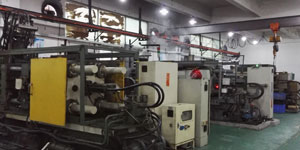
Under the control of ISO9001 and TS 16949,All processes are carried out through hundreds of advanced die casting machines, 5-axis machines, and other facilities, ranging from blasters to Ultra Sonic washing machines.Minghe not only has advanced equipment but also have professional team of experienced engineers,operators and inspectors to make the customer’s design come true.
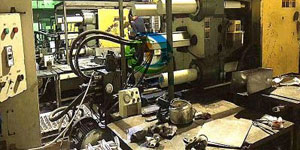
Contract manufacturer of die castings. Capabilities include cold chamber aluminum die casting parts from 0.15 lbs. to 6 lbs., quick change set up, and machining. Value-added services include polishing, vibrating, deburring, shot blasting, painting, plating, coating, assembly, and tooling. Materials worked with include alloys such as 360, 380, 383, and 413.
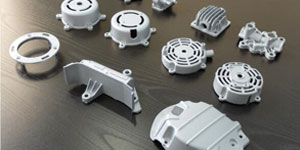
Zinc die casting design assistance/concurrent engineering services. Custom manufacturer of precision zinc die castings. Miniature castings, high pressure die castings, multi-slide mold castings, conventional mold castings, unit die and independent die castings and cavity sealed castings can be manufactured. Castings can be manufactured in lengths and widths up to 24 in. in +/-0.0005 in. tolerance.
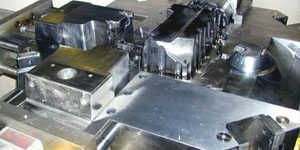
ISO 9001: 2015 certified manufacturer of die cast magnesium, Capabilities include high-pressure magnesium die casting up to 200 ton hot chamber & 3000 ton cold chamber, tooling design, polishing, molding, machining, powder & liquid painting, full QA with CMM capabilities, assembly, packaging & delivery.
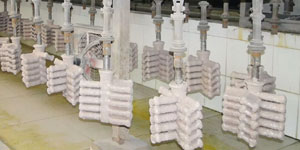
ITAF16949 certified. Additional Casting Service Include investment casting,sand casting,Gravity Casting, Lost Foam Casting,Centrifugal Casting,Vacuum Casting,Permanent Mold Casting,.Capabilities include EDI, engineering assistance, solid modeling and secondary processing.
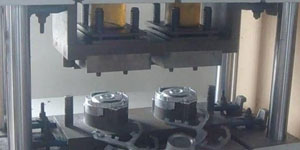
Casting Industries Parts Case Studies for: Cars, Bikes, Aircraft, Musical instruments, Watercraft, Optical devices, Sensors, Models, Electronic devices, Enclosures, Clocks, Machinery, Engines, Furniture, Jewelry, Jigs, Telecom, Lighting, Medical devices, Photographic devices, Robots, Sculptures, Sound equipment, Sporting equipment, Tooling, Toys and more.
What Can we help you do next?
∇ Go To Homepage For Die Casting China
→Casting Parts-Find out what we have done.
→Ralated Tips About Die Casting Services
By Minghe Die Casting Manufacturer |Categories: Helpful Articles |Material Tags: Aluminum Casting, Zinc Casting, Magnesium Casting, Titanium Casting, Stainless Steel Casting, Brass Casting,Bronze Casting,Casting Video,Company History,Aluminum Die Casting |Comments Off

